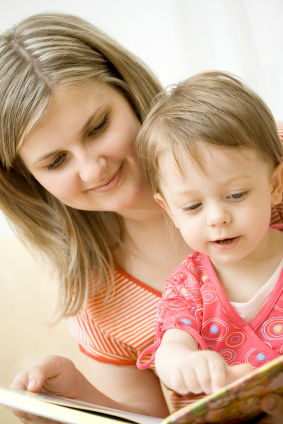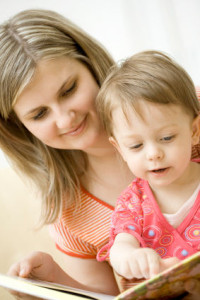Fever is simply an elevated body temperature. Generally, children who have a temperature reading higher than 37.5 degrees C is considered as fever. Many find it distressing if a child ends up with this symptom. Nevertheless, it is quite common and typically subsides without requiring treatment. The initially step to determine if a child has high body temperature is to measure the body temperature using a thermometer.
Potential causes of fever
In most cases of fever, they are due to infections or other health conditions. The elevated body temperature makes it difficult for viruses and bacteria that trigger infections to survive. The typical conditions that can start this symptom include the following:
- Flu
- Upper respiratory tract infections
- Tonsillitis
- Ear infections
Generally, children who have a temperature reading higher than 37.5 degrees C is considered as fever. - Roseola
- Whooping cough and chickenpox
- Kidney or urinary tract infections
The temperature of the child can rise after being given vaccinations or if they are overheated due to excessive clothing or bedding.
When to seek immediate medical advice
A doctor should be consulted if the child is below 3 months old with a temperature of 38 degrees C or higher or a child between 3-6 months old with a temperature reading of 39 degrees C or higher.
Do not hesitate to consult a doctor if the child has other indications of being unwell such as lack of appetite, persistent vomiting or drowsiness. In case the child seems well such as playing or attentive, it is less likely that he/she is seriously sick.
Treatment
In case a child has fever, it is vital to maintain proper hydration by providing plenty of fluids to drink. Even if the child is not thirsty, encourage to drink little and often to maintain the level of fluids. The best way to minimize the temperature is to keep the environment cool at around 18 degrees C.
Antipyretics
Ibuprofen or paracetamol for children work as antipyretics that help minimize the high temperature. Take note that antipyretics are not always needed. In case the child is not distressed by the fever or underlying condition, there is no need to use the medication.
When antipyretics are used, carefully read the instructions on the packaging and always stick with the right dosage and frequency based on the age of the child.
Possibility of serious conditions
Oftentimes, elevated temperature in children can be linked with serious signs and symptoms such as the following:
- Rashes
- Vomiting
- Breathlessness
- Fits or seizures
Possible bacterial conditions that might be responsible for fever include pneumonia, meningitis and septicemia. Always bear in mind that the potentially serious triggers of fever are considered rare.


